In the last couple of years, fashion manifestos worldwide have shifted dramatically towards sustainable practices, and the UAE is no exception, with the baby and children brands market progressively becoming more vocal about their contributions towards the environmental causes. But do recent numbers confirm the customers and brands align on those efforts, and who is to blame if not?
Do companies in UAE support sustainability and ethical best practices?
According to the recent Views on sustainability report by market research agency IPSOS specific to the UAE, 54% respondents believe that companies in UAE lack in terms of supporting sustainability and ethical best practices.
Sustainability is linked to a diverse range of topics, primarily, renewable energy sources, followed by recycling, nature preservation and natural resources conservation, while the lower percentages connect sustainability to ethical consumption (12%), the plastic-free products (8%), and water saving (5%). And this is why it is not straightforward for people to understand how devastating it is to choose conventional over organic cotton (e.g. conventional cotton needs more than 20,000 l. of water of quench the thirst of 1 kg of cotton = 1 pair of yeans and t-shirt), or to understand the impact on the farmers exposed to chemicals and thus ethical side of production, let alone less subtle example of being tolerant to % of polyester in the same t-shirt..
What are consumers willing to pay for sustainability? Fifty-nine percent acknowledge environmental issues as a primary global concern, and yet a brand’s commitment to sustainable practices only influences the brand selection of 27% actually prioritise socially responsible & eco-friendly brands (the higher rating noted among the male, 25-34 age bracket, and upper income level population).
Customers care about sustainability, but do they back it up with their wallets?
Customers are willing to pay a premium for their conscious choices. According to Global Consumer Insights Survey February 2023 70% of respondents expressed willingness to pay more for sustainable goods ‘to some or to a great extent’. According to the June 2023 data Consumer markets survey 2023, overall, 8 out of 10 respondents say that they would pay more: more than 4 in 10 say they’d pay up to 10% above average, 1 in 10 say they would go up to 30%, and nearly 7% say they would pay even higher prices especially millennials and gen Z, being most open to spending more for the sake of sustainability).
We see customers benefit from aligning their concerns with purchasing practices, and companies may finally get much-needed pricing power.
Best UAE based sustainable children brands
It is paramount for the development of a sustainable and inclusive businesses to back any “eco” related claims they make with genuine actions, and thus stay away from “greenwashing” eroding the trust of customers.
As much as the intention of the article was to include some recommendations and direct the customers who espouse social consciousness and environmental justice, to some great examples of sustainable practices applied, upon researching UAE based established children brands with sustainable claims, backed by transparency around those claims, we have not been able to identify any that would make assessing the veracity of statements around having “sustainability at their core” even remotely possible.
I will be happy to include notable examples, so please contact us or include your insights into the comments.
Love always,
Olia
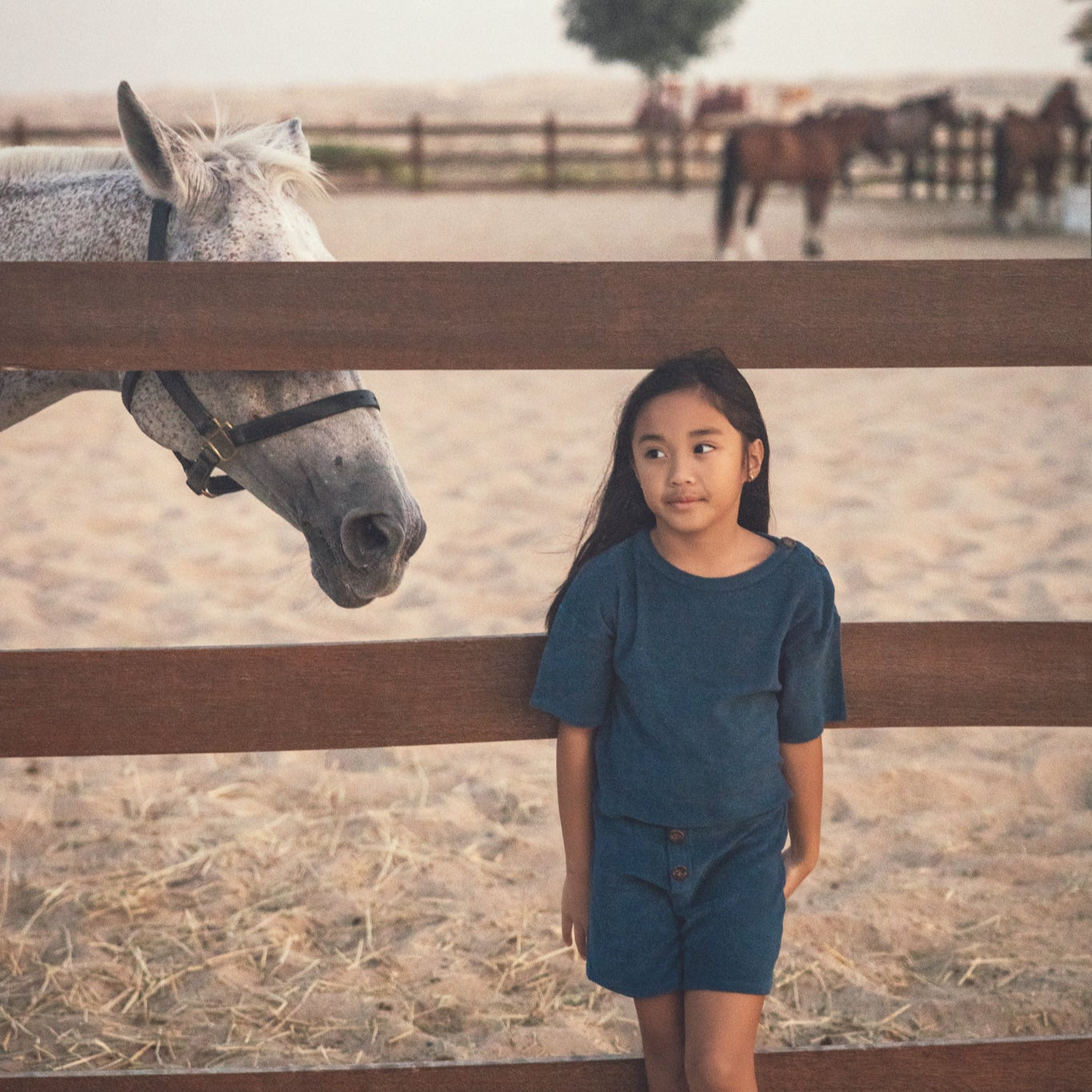
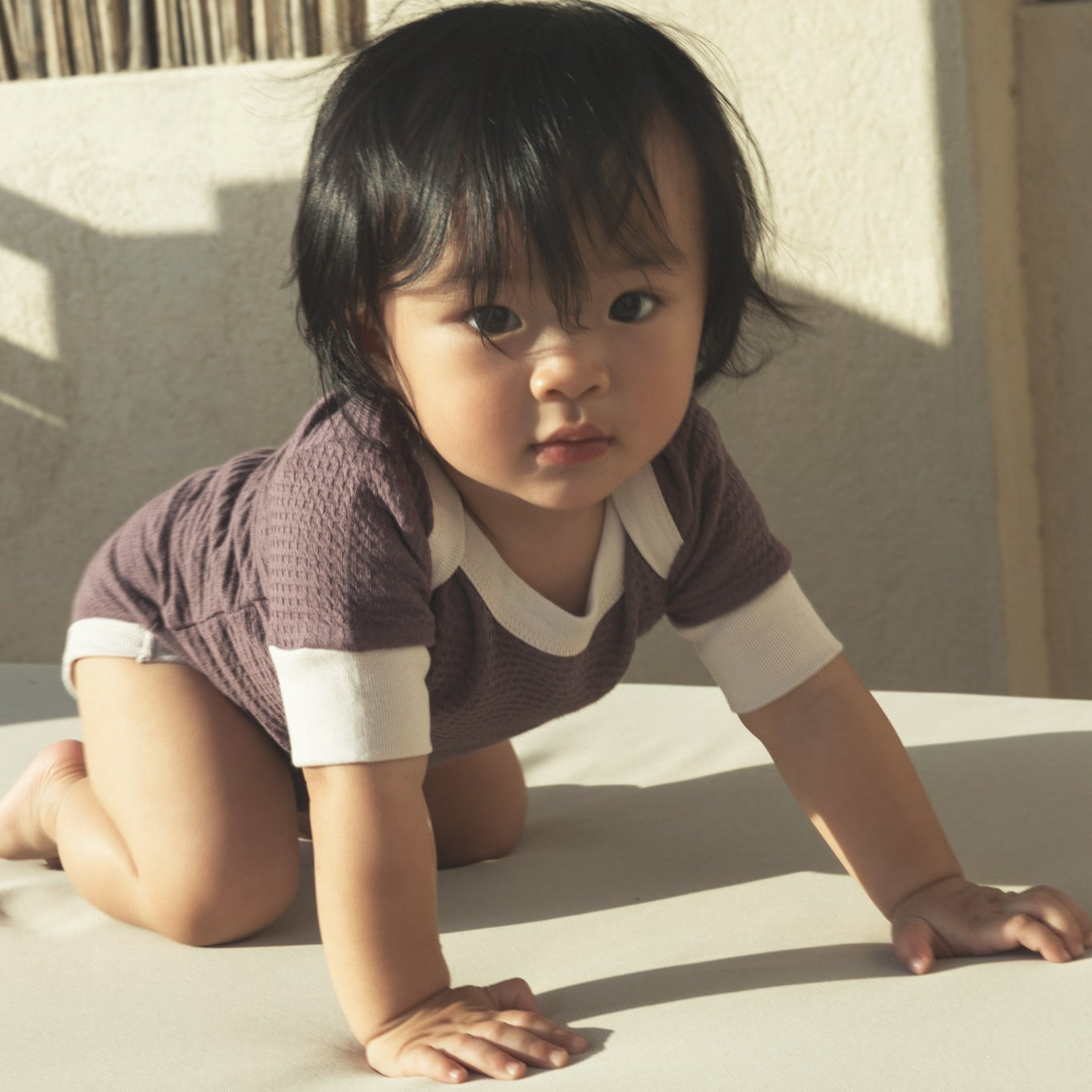
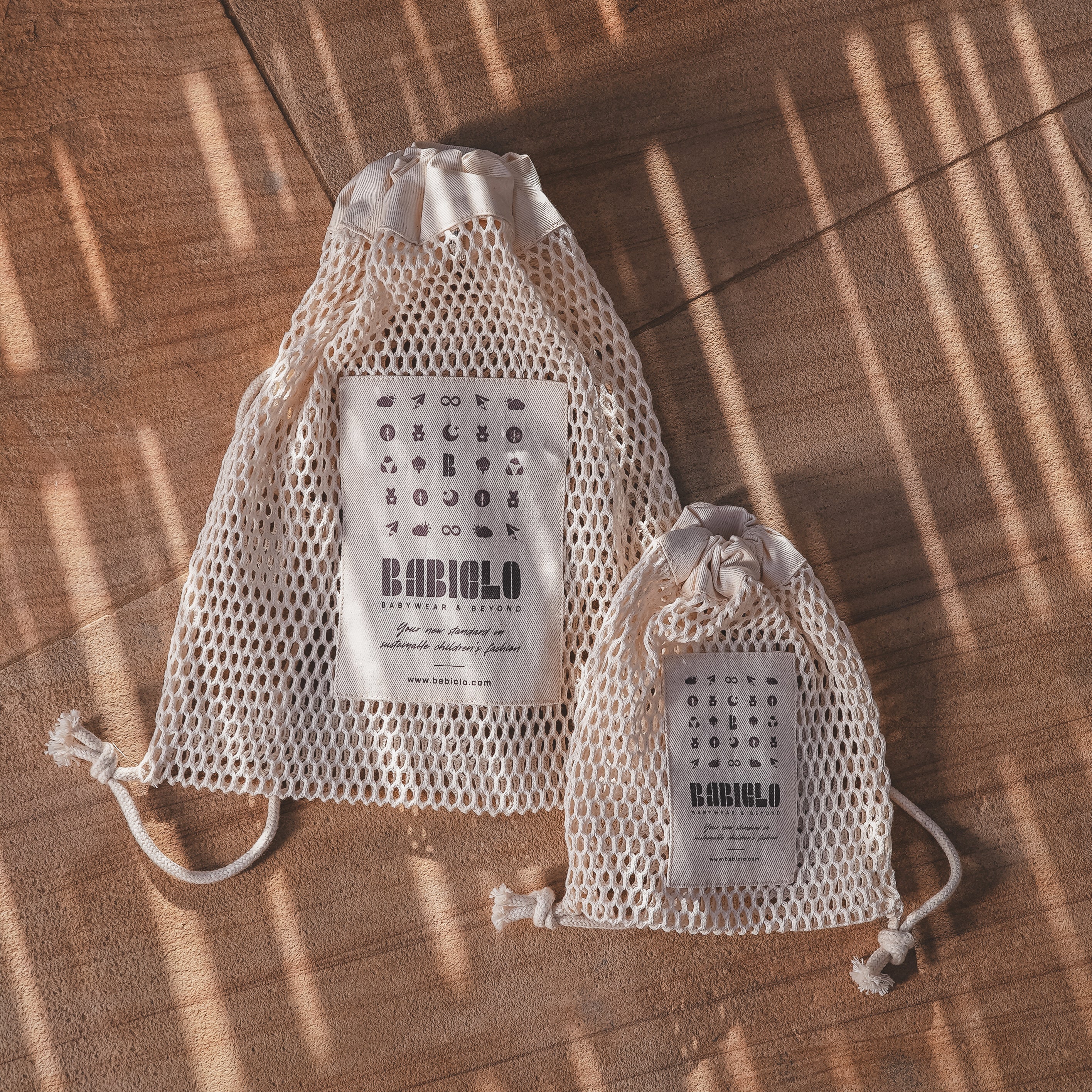
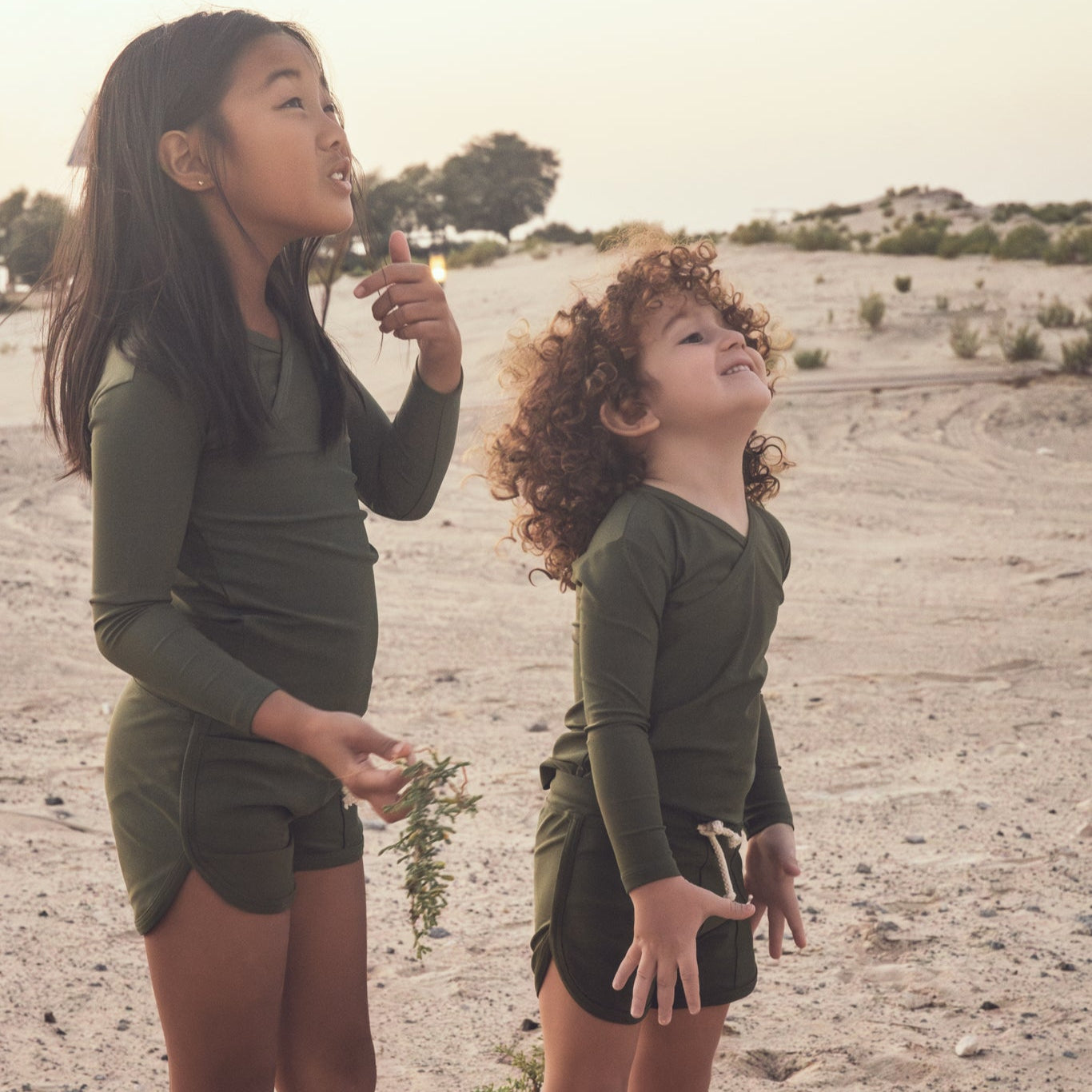
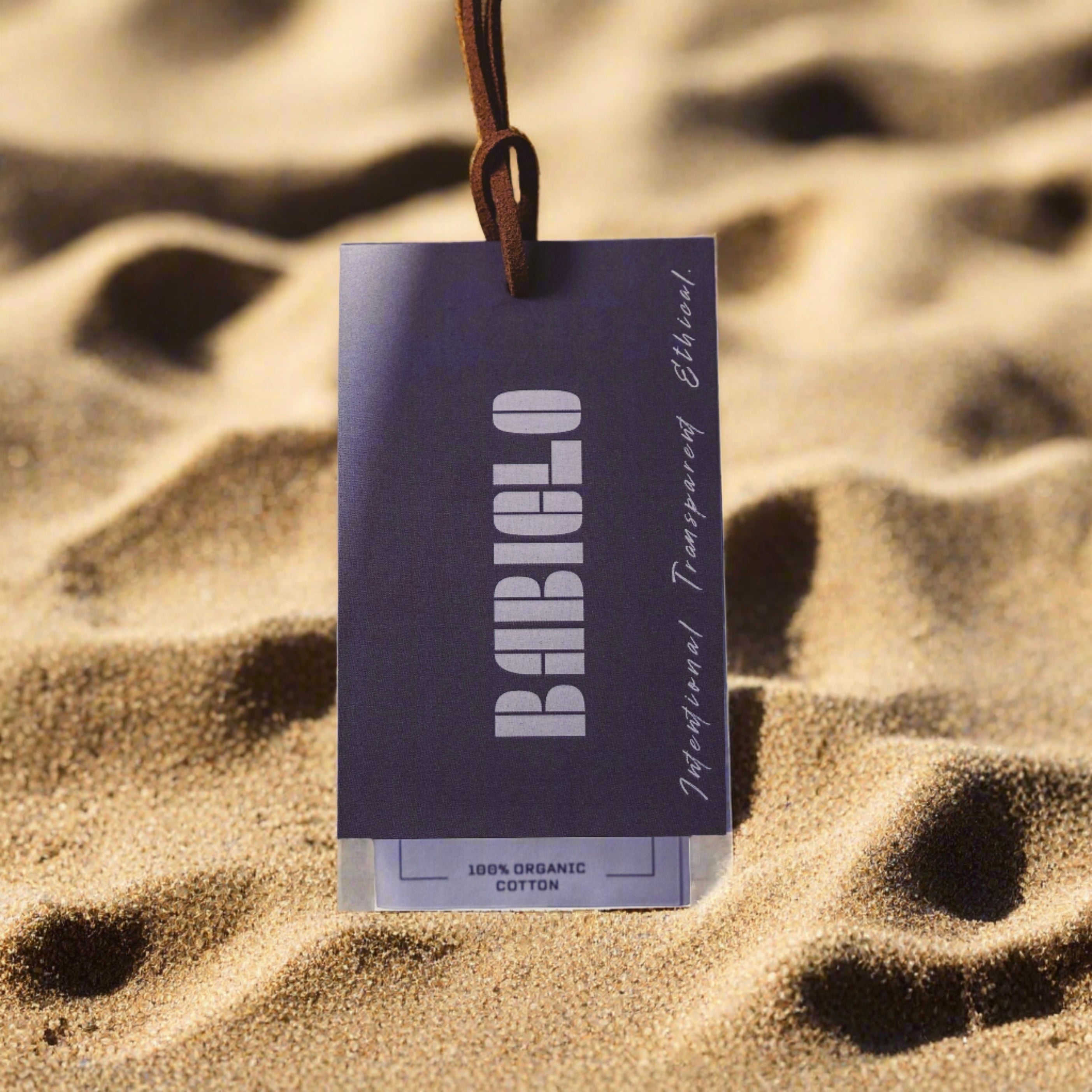
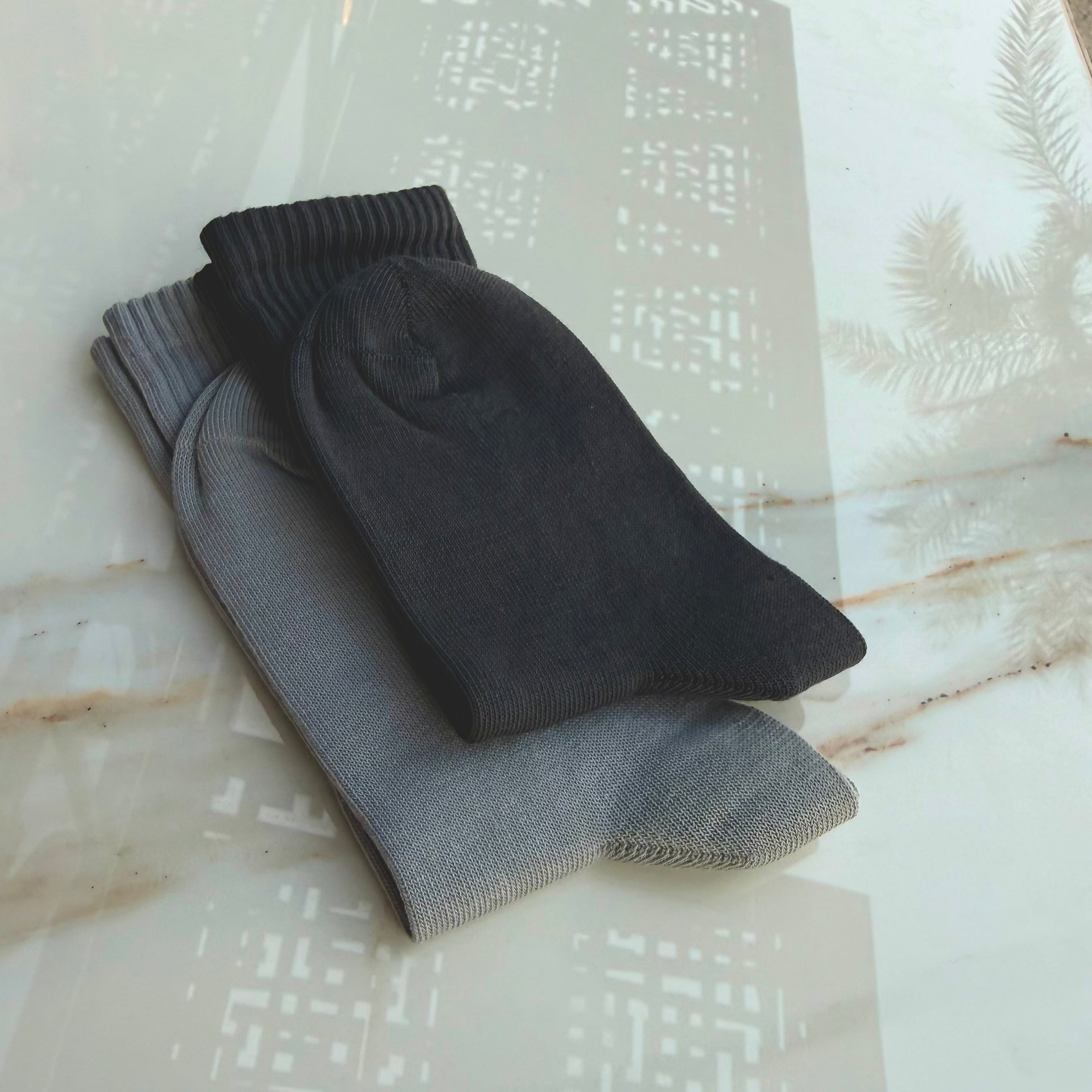
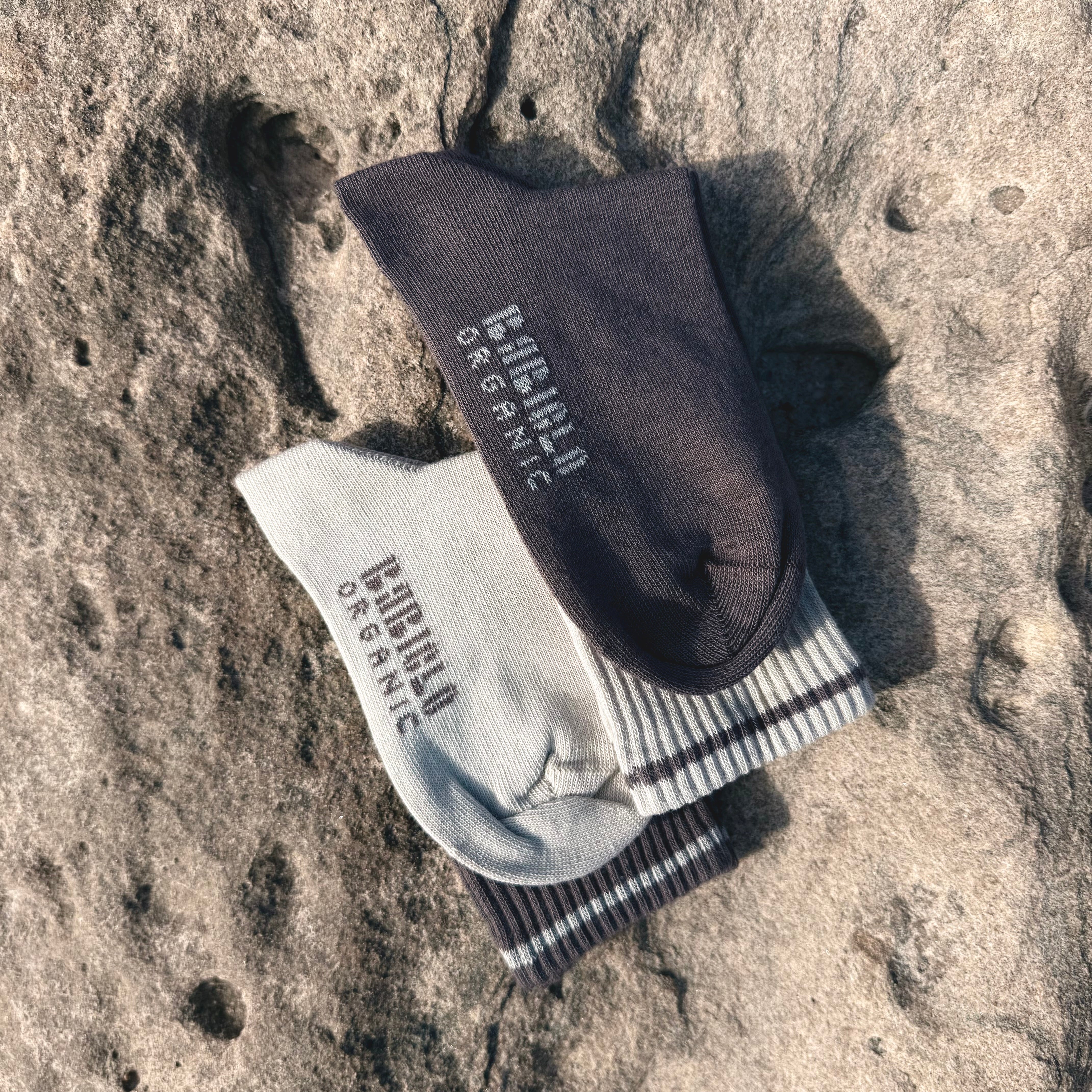

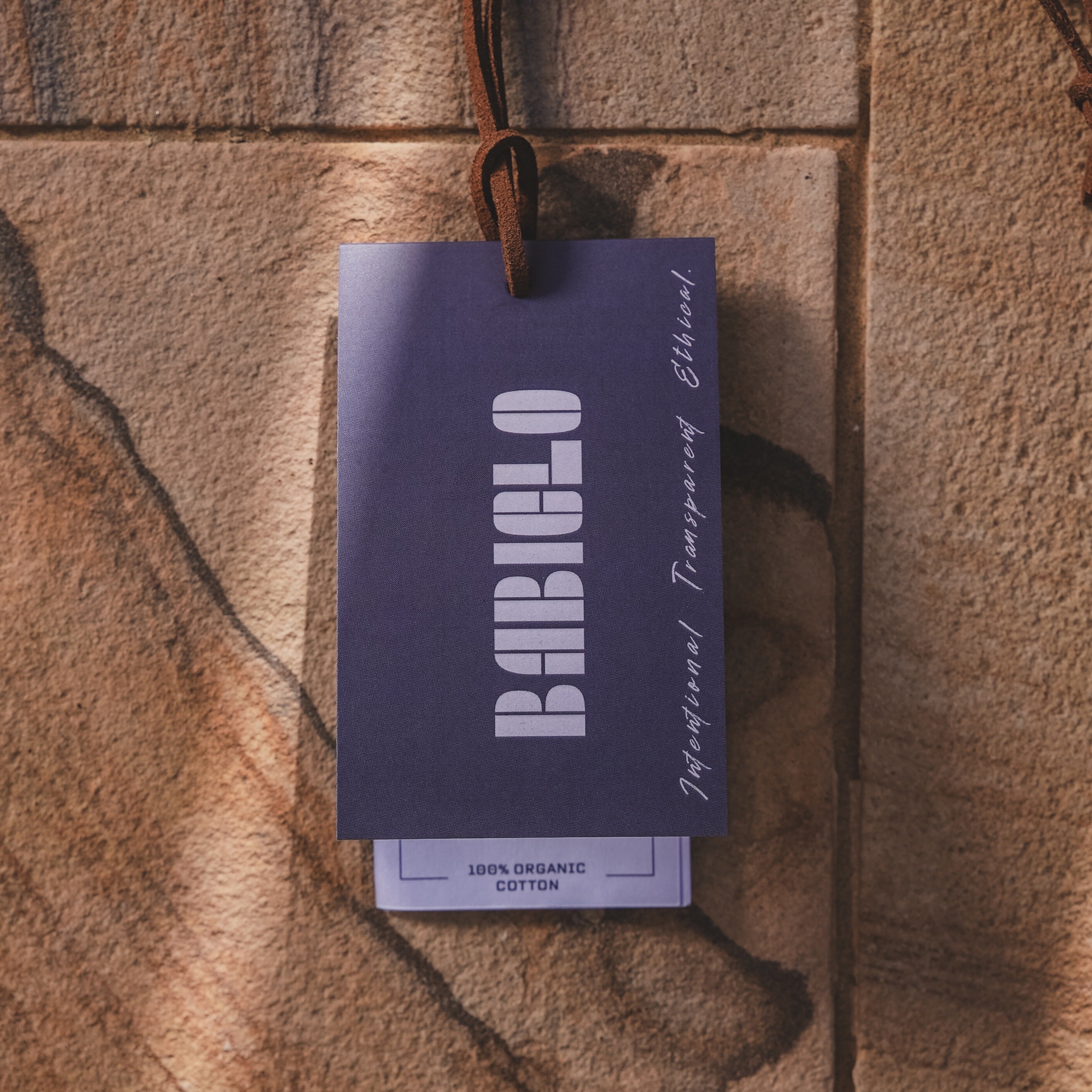
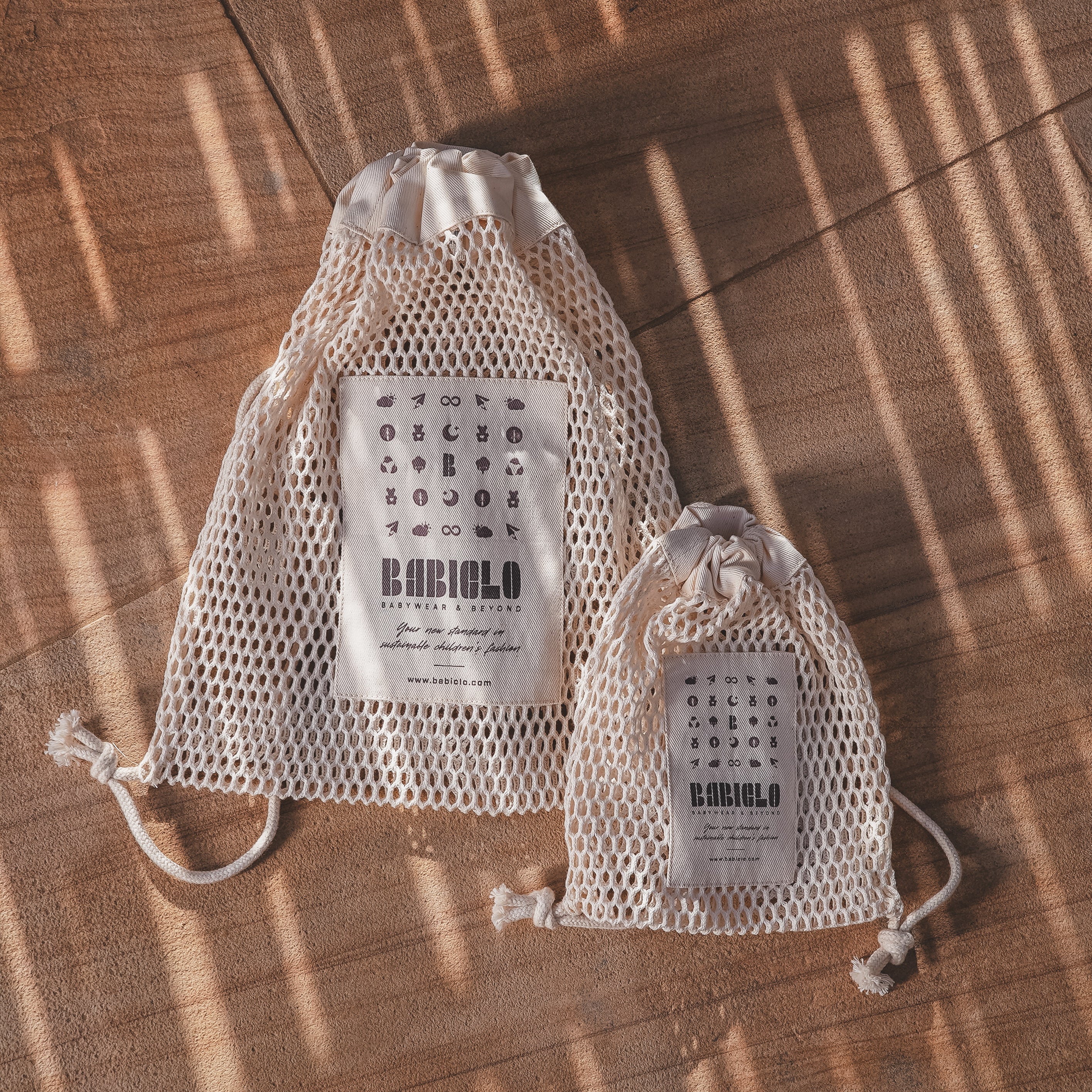

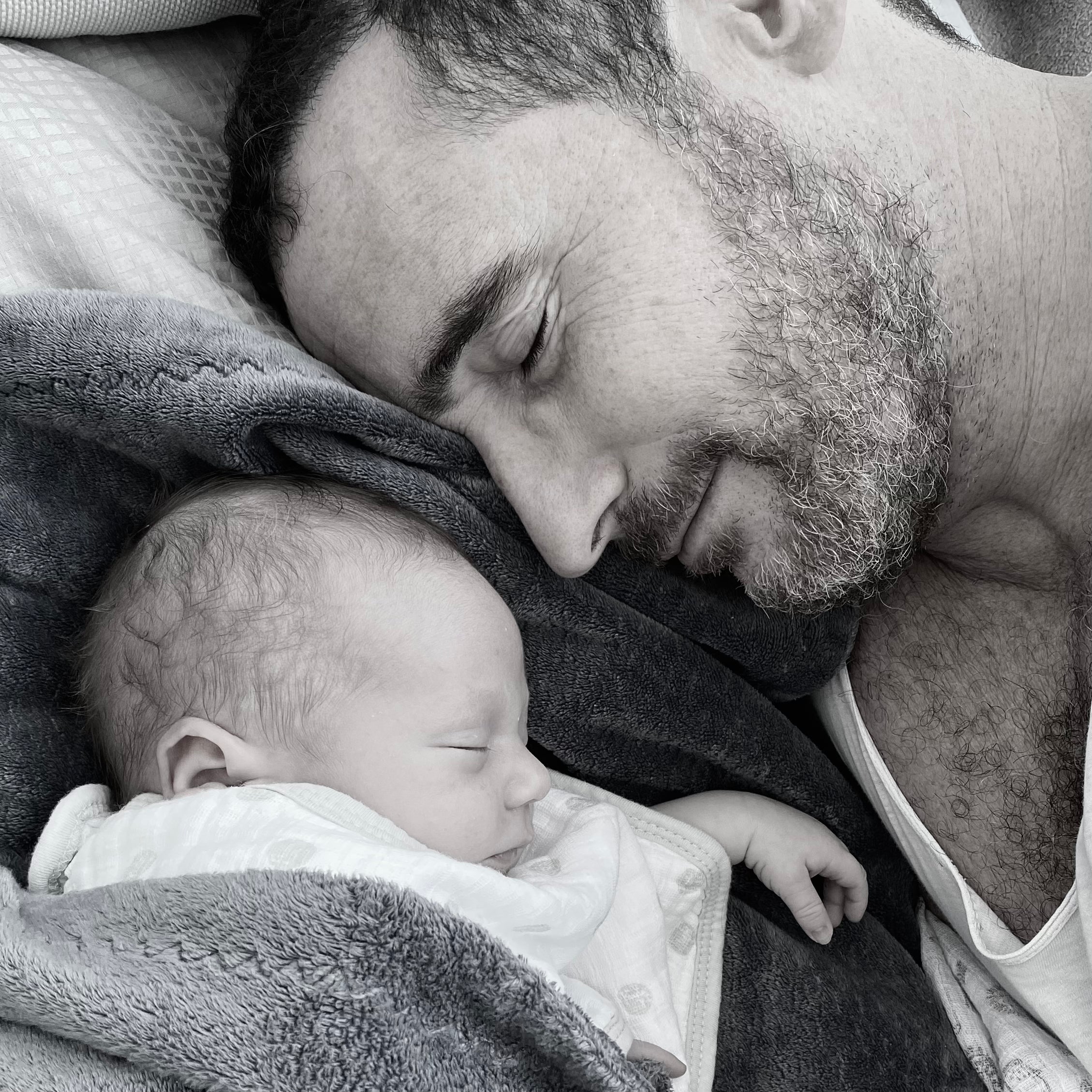


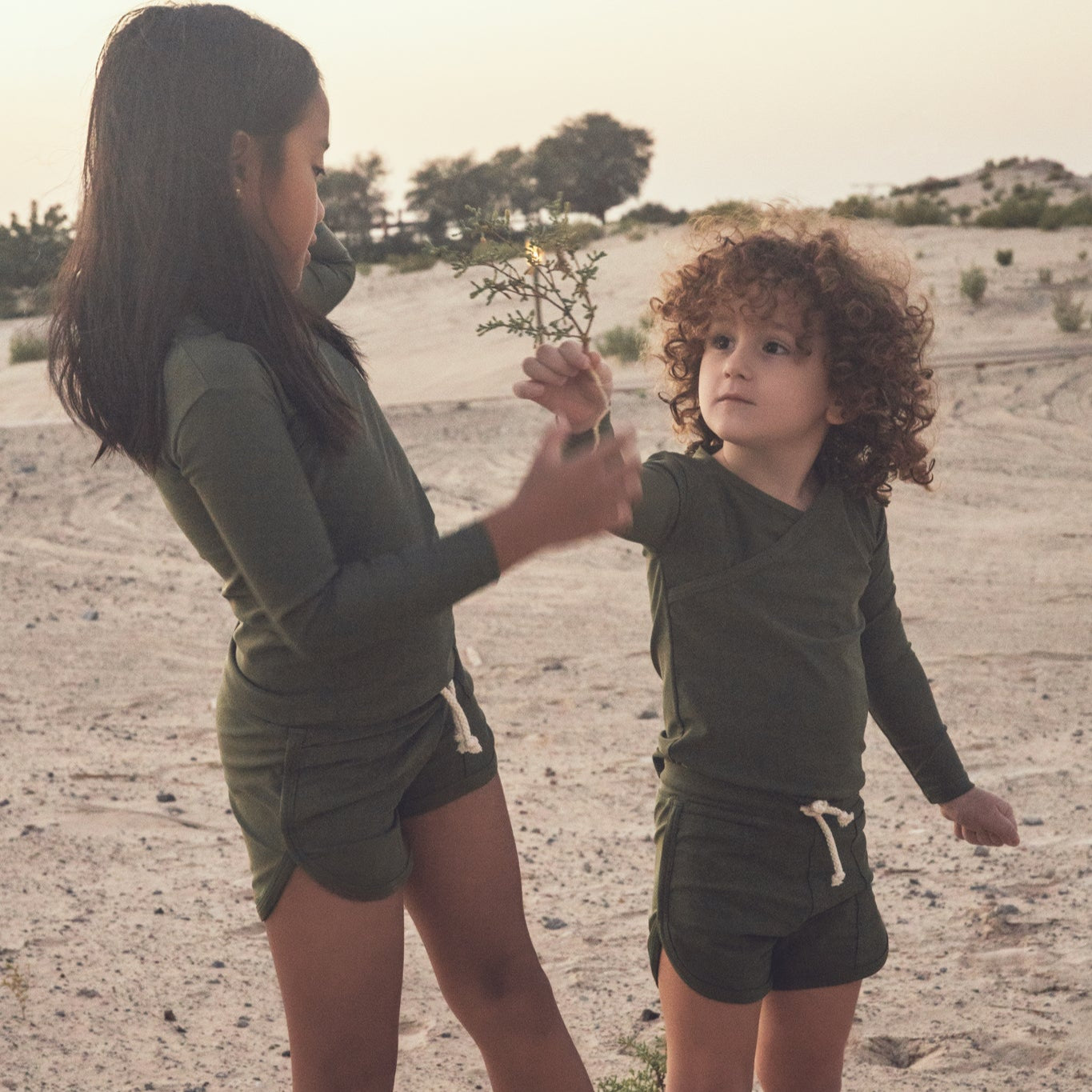
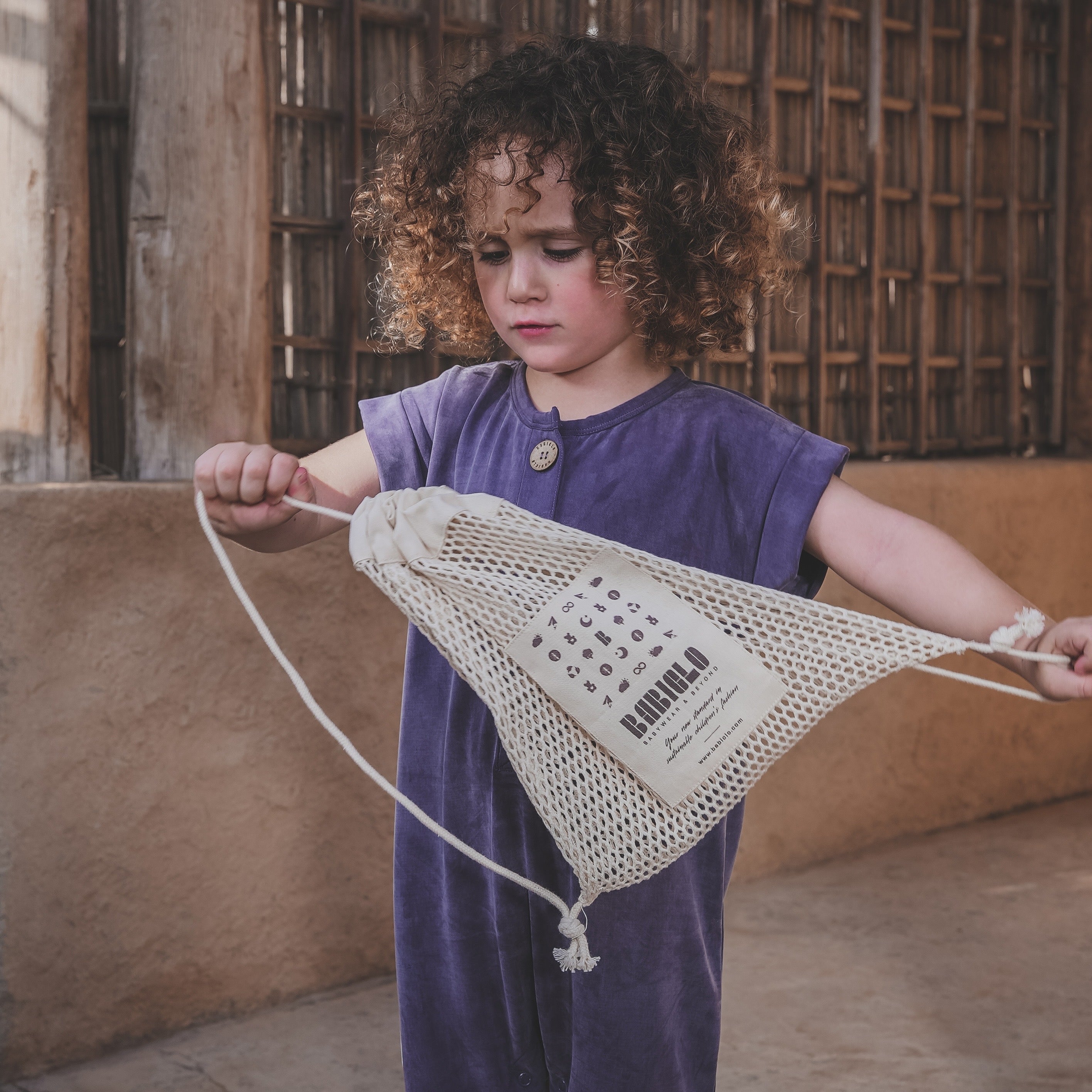

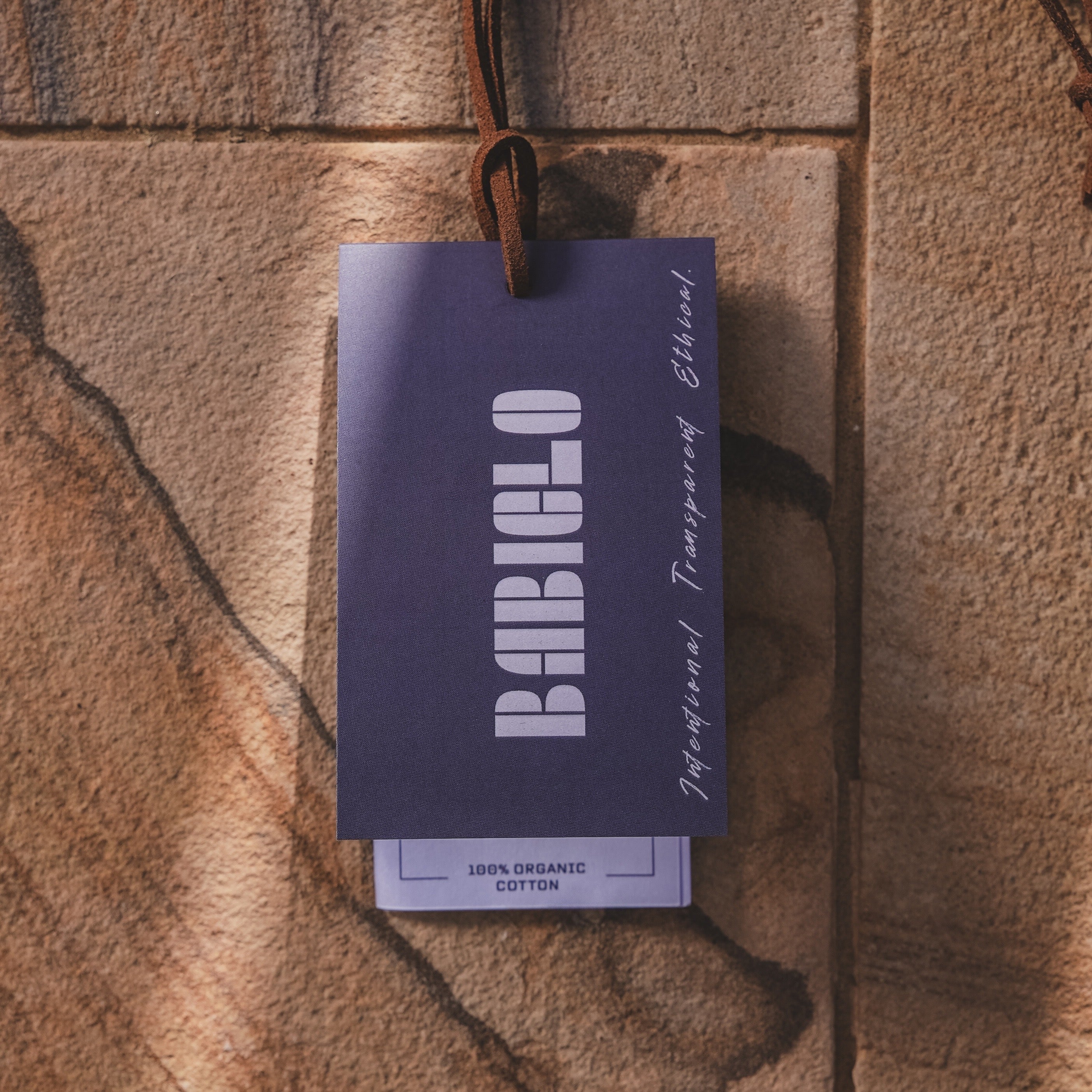
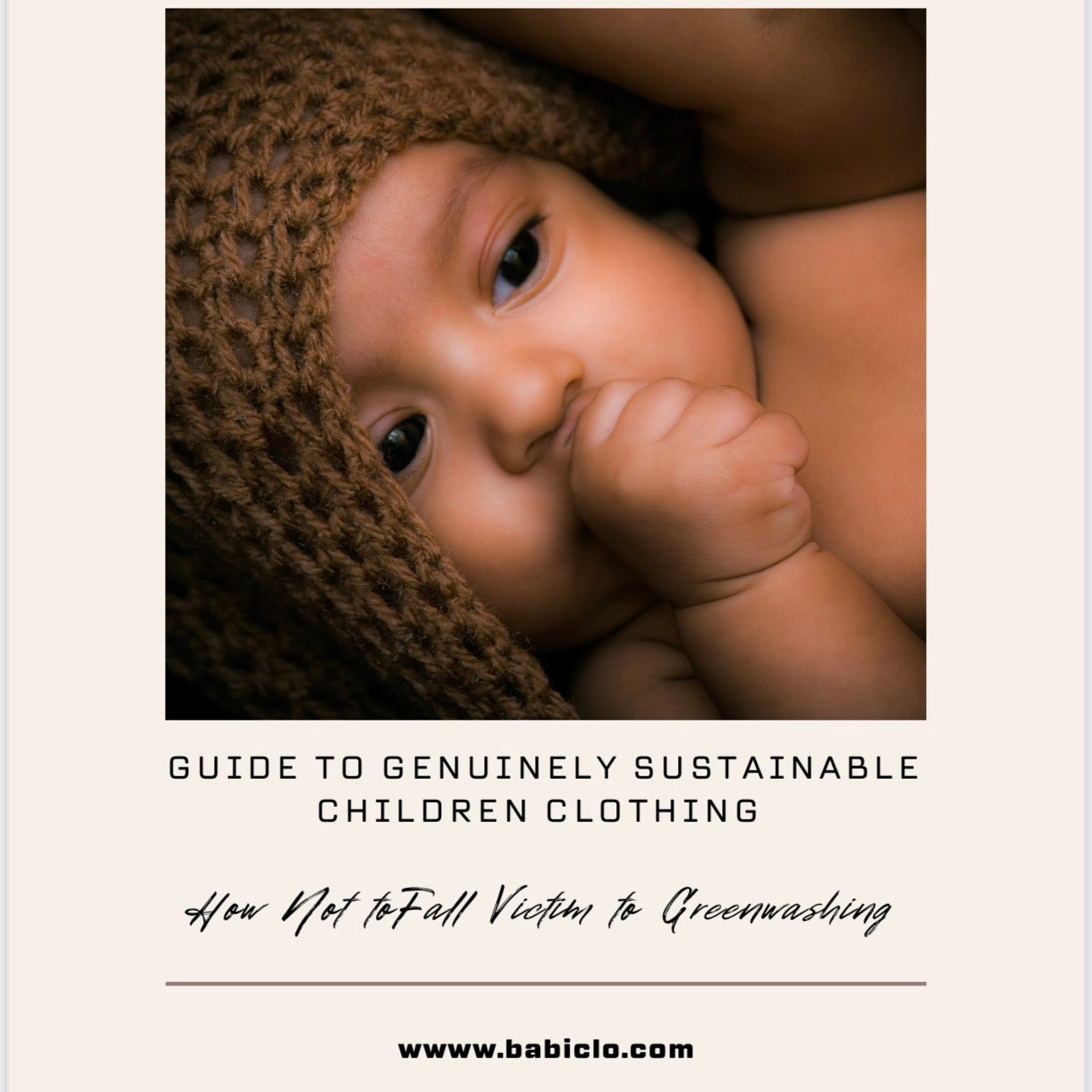
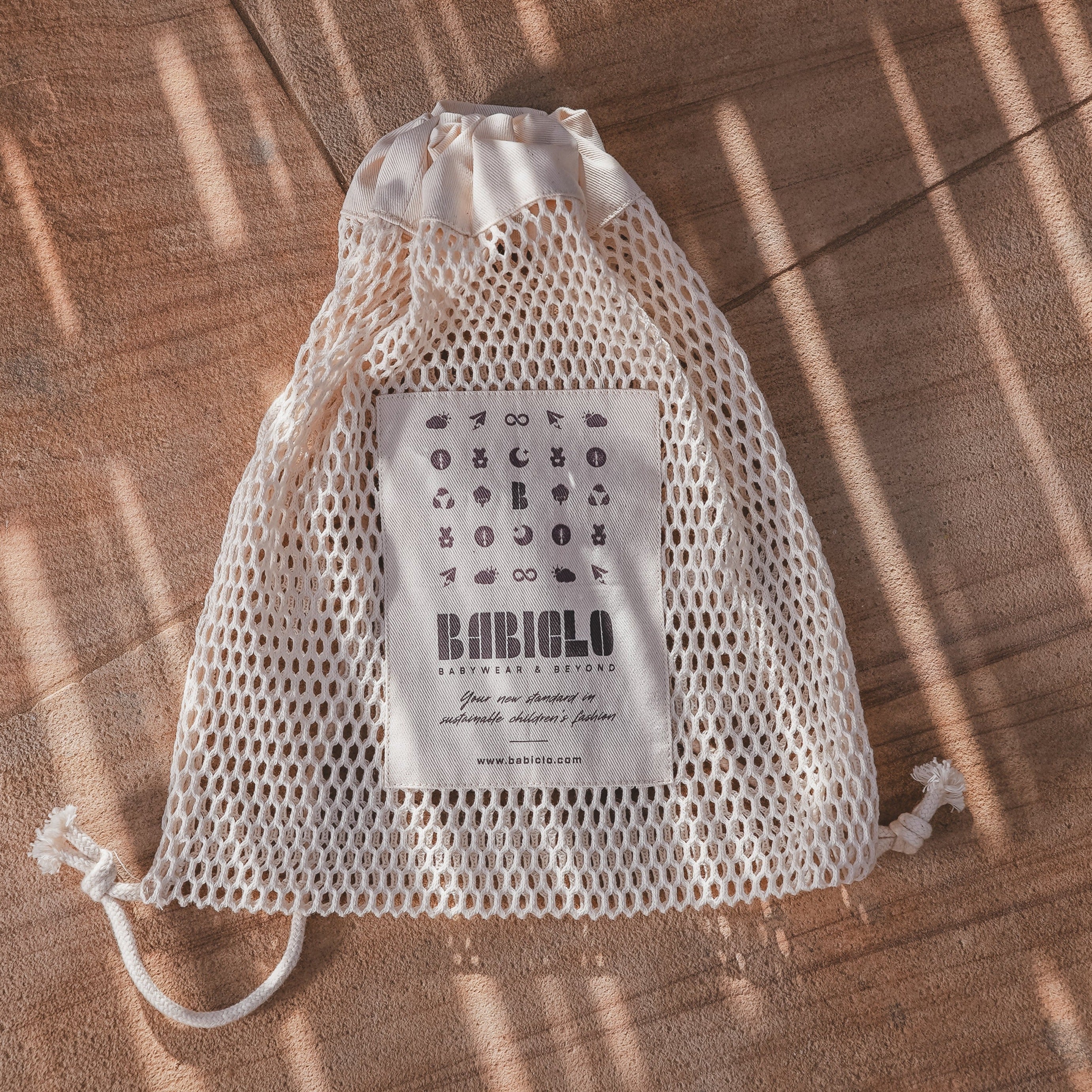

Leave a comment